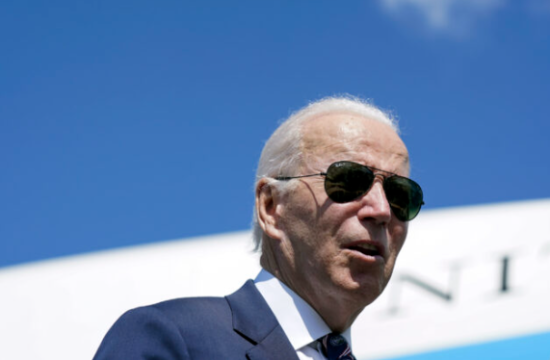As stocks become increasingly scarce and infant formula makers and the United States struggle to meet demand, the baby formula scarcity worsens. The Food and Drug Administration (FDA) is still under bipartisan criticism.
According to current data acquired by retail analytics firm Datasembly, the out-of-stock rate for infant formula has risen to 70% countrywide in recent weeks, according to Fox Business. This is a significant rise in scarcity from the previous weeks, when infant formula was 45 percent out of stock nationwide.
The gathered data predicted that infant formula shortages would approach 30% in April before climbing to 43% in early May, implying that the formula shortfall would get much worse before it got better.
Abbott Nutrition’s Sturgis, Michigan factory, which is at the heart of the industry-wide formula shortfall, is set to resume production on June 4. However, according to the company’s schedule, formula created during this time will not be available for purchase until at least mid-July.
In a congressional hearing on Wednesday, lawmakers pressed FDA Commissioner Robert Califf on why the agency waited months to examine and close the Abbott Nutrition factory despite learning of possible concerns months before the shortage.
The FDA was supposed to start examining the factory in late December, but Abbott claims that roughly a dozen employees tested positive for COVID-19, prompting the firm to request that the FDA’s inquiry be rescheduled. The FDA was unable to commence its inspection until the end of January as a result of this.
The agency is still undecided about whether the germs detected in the plant are to blame for the newborn illnesses. There is no direct proof tying Abbott’s products to the diseases and fatalities, according to the company.
Abbott’s Vice President Christopher Calamari expressed regret to US lawmakers. While being questioned in the House of Representatives on Wednesday, he avoided explicitly responding if employees were fired or otherwise reprimanded for issues discovered at the Michigan factory, including as standing water, a leaky roof, and broken equipment.












